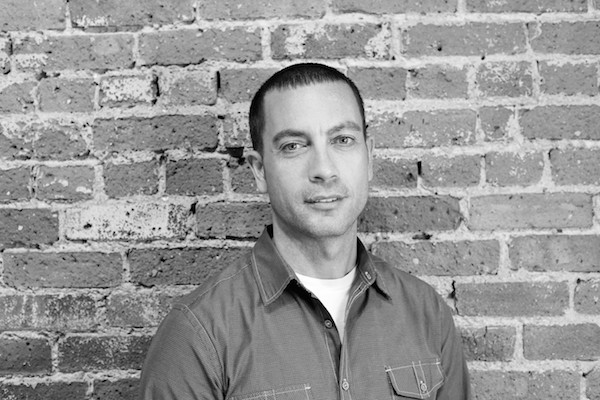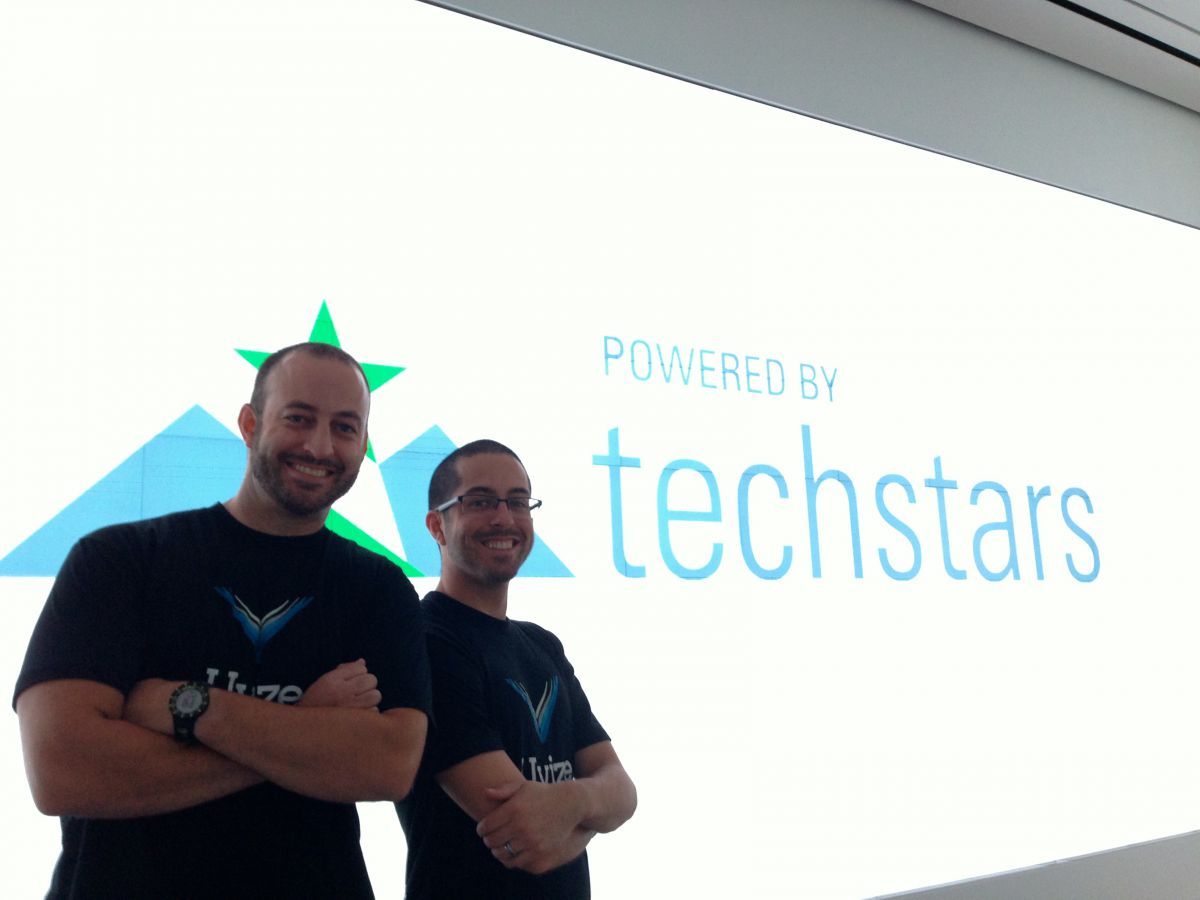Veterans make amazing entrepreneurs, and Colorado has no shortage of tech companies run by them. Some of the biggest and most innovative tech companies in the state are run by people who have served their country. And it's not just large tech companies — veterans are starting their own tech startups. Two Colorado startups run by veterans were even recently invited to the White House to pitch President Obama.
While Colorado is home to programs like Patriot Bootcamp, an accelerator program aimed at veterans, we figured there had be another aspect that was producing solid entrepreneurs, perhaps something intrinsic to military life. We caught up with a couple of local veterans doing innovative things in the tech world and asked them what they thought. Here's what they had to say:

Nic Gray, Cofounder & CEO of HyprLoco
How did the military prepare you for entrepreneurship? In the military you have to work with a lot of different egos and personalities. Entrepreneurship is similar, whether you’re talking to customers, employees, investors, or partners. Being able to craft and convey a message or value is all about telling a compelling story to motivate individuals.
Are there similarities between being in the military and working in a startup? Similarities include operating under stress, lack of sleep, long hours, and being held accountable for your actions.
Differences? The biggest difference is that people don’t die, they just lose their jobs.
What are some lessons you learned in the military that you would want to share with other entrepreneurs? Just as in the military, the most important thing is the person next you and the soldiers you lead. In the business world, those soldiers are your employees. Let them know that you’ll go to hell and back for them.

Michael Euperio (middle), Vice President of Operations at PivotDesk
How did the military prepare you for entrepreneurship? The military stressed the need to always be flexible and that most plans, regardless of how bulletproof they might be, change the minute execution starts. Joining the ranks of the military as a young officer thrusts you into a leadership position without much experience or subject matter expertise. As an entrepreneur, you have to be okay with not being the most technically savvy person, best sales individual, or most competent product manager, but the passion and desire to be all of those things absolutely has to be there. In the military, we talk about selfless service as a core value and that 'give first' attitude without a doubt has translated over to my career in startups (and has paid dividends over and over).
Are there similarities between the being in the military and working in a startup? Differences? In the army, teams make or break the success of a mission or organization. Same goes for working at a startup, and the never-ending quest to find and develop that high-performing, flourishing team. Every member of the team plays a role and, unified under a single mission or vision, works towards desired goals, outcomes, and end-state.
Everyone always asks me how I rarely get stressed or maintain a calm demeanor most of the time. Though there is definitely a lot on the line when you work at a startup, and sacrifices are made daily, nothing compares to being responsible for ensuring that your team returns from its mission alive and safe. When you put things in that perspective, its pretty easy to keep your cool in the normal day-to day-flow of being at an early stage company.
What are some lessons you have learned in the military that you would want to share with other entrepreneurs? Believe it or not, the military might be one of the best examples, across any industry or institution, of being a learning organization. At times, it feels almost forced, but conducting an AAR (after-action review) after relevant milestones or events is vital to improving as an organization. People might also have heard of these discussions called post-mortems, but they don't always need to be held in the context of failure.
What is an AAR? Following an event or milestone, it is important to reflect on what we set out to accomplish, what actually happened, what we would keep the same if we could do it all over again, and what are some areas of improvement. Having the discussion is step one, and requires sometimes difficult self-assessment. Applying the lessons learned is truly the more important piece though. It sounds simple but, as an entrepreneur, you have to learn from each dev sprint, product launch, key customer engagement and get better as you have more of these interactions.

Dave Cass (left), CEO and Cofounder at Uvize
How did the military prepare you for entrepreneurship? People perceive military personnel and entrepreneurs as 'risk takers.' Yet, in reality, they're both risk managers. 'Taking risks' feels blind. I would much rather have intelligence to manage risk. Learning to manage risk is directly applicable to entrepreneurship
Are there similarities between being in the military and working in a startup? They both depend on a team-centric culture for success. It's all about the team. An under-resourced team of all-stars will still accomplish the mission. There are almost no individual victories in the military, it's all a team pursuit, much like early stage entrepreneurship.
Difference? Military is structured and fairly uncreative. Entrepreneurship allows for creation and, at least at the seed stage, is fairly unstructured. Ever see a startup with a 'chain of command'? Also...in entrepreneurship you get to choose your mission and you get to choose your team! That's not the case in the military — it's all that is done for you (for better or worse).
What are some lessons you have learned in the military that you would want to share with other entrepreneurs? We're victorious in the military because of our team. The military intentionally surrounds you with mentors who are always accessible (whether you like it or not). Programs like Techstars are embodying the same mindset: Surround yourself with the right people and the right experience, and success increases. But, for the system to work, you have to turn around and support others. If the team can count on you, you can count on the team.






